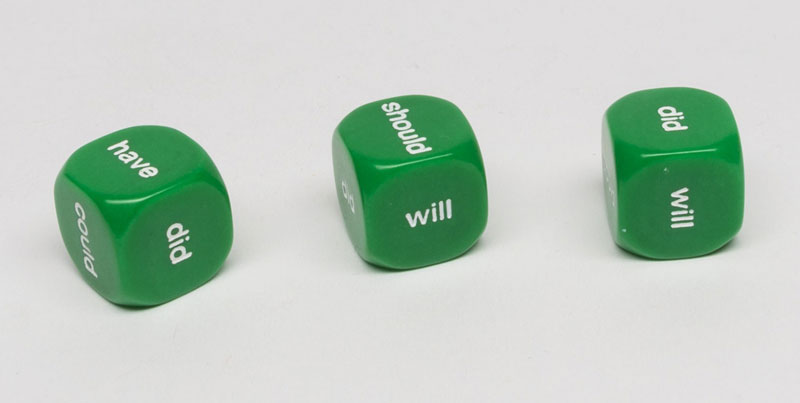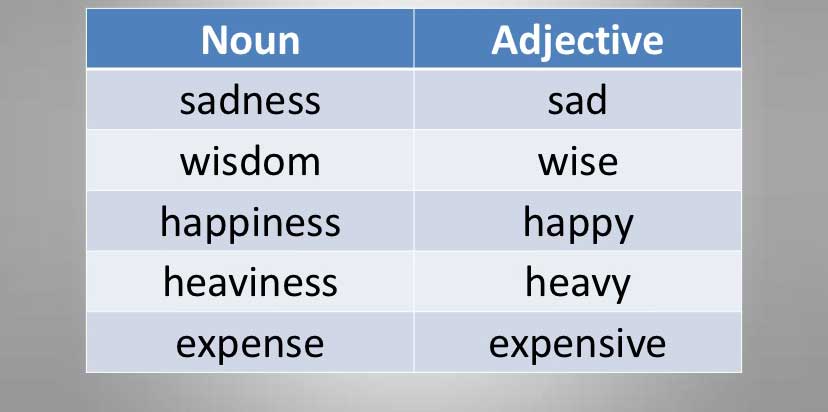
We have seen that attributive adjectives occur before a noun which they modify, for example, red in red car. We need to distinguish these clearly from nouns which occur in…
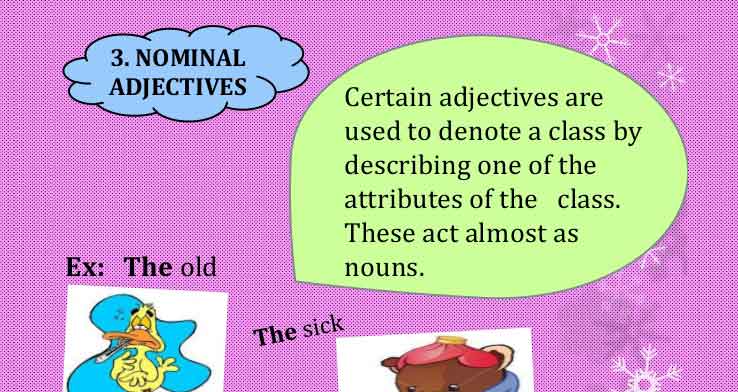
Certain adjectives are used to denote a class by describing one of the attributes of the class. For example, the poor denotes a class of people who share a similar…
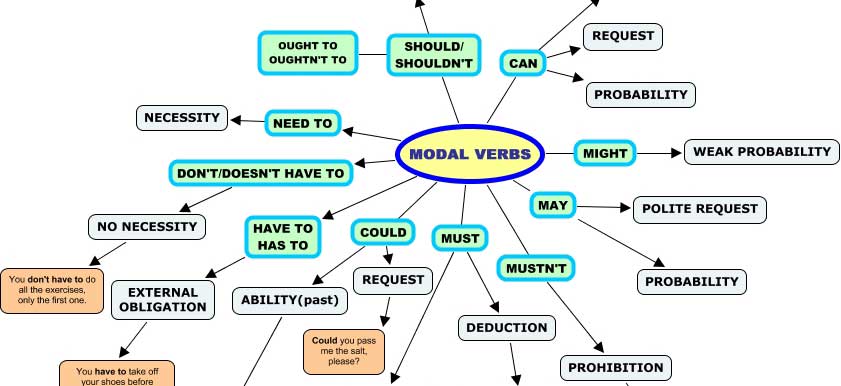
Modal fellərdən məsdər vasitəsilə göstərilən hərəkətə danışanın münasibətini bildirmək üçün istifadə olunur. Onlar məsdər vasitəsilə ifadə olunan hərəkətin nə qədər mümkün, qeyri-mümkün, ehtimal olunan, az ehtimal olunan, məcburi, lazımi, məsləhətli, şübhəli,…

As their name suggests, STATIVE adjectives denote a state or condition, which may generally be considered permanent, such as big, red, small. Stative adjectives cannot normally be used in imperative…

Most attributive adjectives denote some attribute of the noun which they modify. For instance, the phrase a red car may be said to denote a car which is red. In…
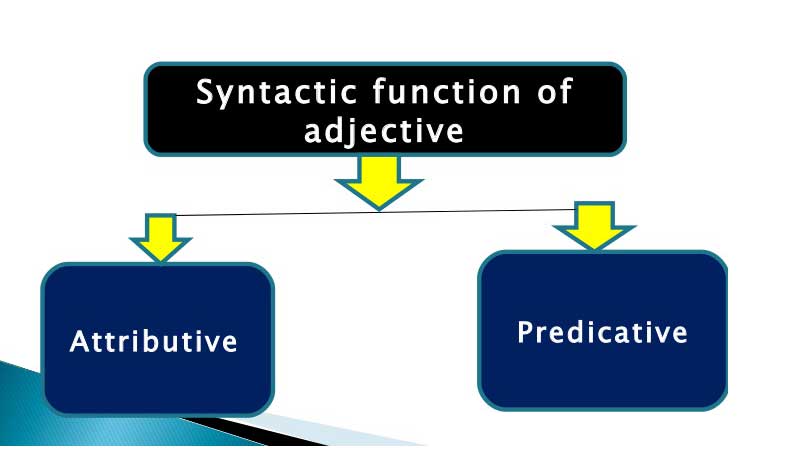
Most adjectives can occur both before and after a noun: the blue sea ~ the sea is blue the old man ~ the man is old happy children ~ the…

Adjectives can be identified using a number of formal criteria. However, we may begin by saying that they typically describe an attribute of a noun: cold weather large windows violent…

There are two voices in English, the active voice and the passive voice: Active Voice Passive Voice [1] Paul congratulated David [2] David was congratulated by Paul Passive constructions are…

TENSE refers to the absolute location of an event or action in time, either the present or the past. It is marked by an inflection of the verb: David walks…





